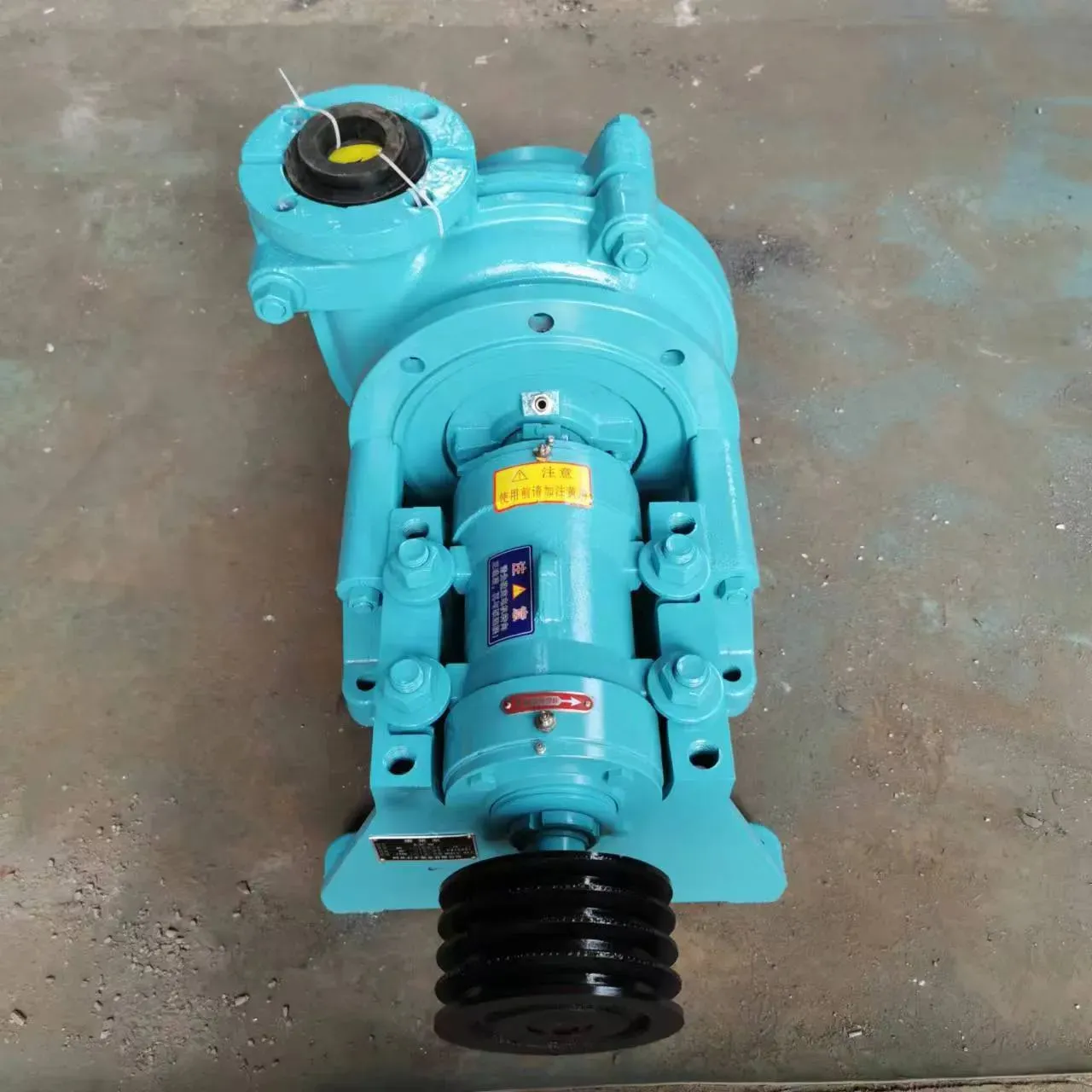Slovak
- Afrikaans
- Albanian
- Amharic
- Arabic
- Armenian
- Azerbaijani
- Basque
- Belarusian
- Bengali
- Bosnian
- Bulgarian
- Catalan
- Cebuano
- Corsican
- Croatian
- Czech
- Danish
- Dutch
- English
- Esperanto
- Estonian
- Finnish
- French
- Frisian
- Galician
- Georgian
- German
- Greek
- Gujarati
- Haitian Creole
- hausa
- hawaiian
- Hebrew
- Hindi
- Miao
- Hungarian
- Icelandic
- igbo
- Indonesian
- irish
- Italian
- Japanese
- Javanese
- Kannada
- kazakh
- Khmer
- Rwandese
- Korean
- Kurdish
- Kyrgyz
- Lao
- Latin
- Latvian
- Lithuanian
- Luxembourgish
- Macedonian
- Malgashi
- Malay
- Malayalam
- Maltese
- Maori
- Marathi
- Mongolian
- Myanmar
- Nepali
- Norwegian
- Norwegian
- Occitan
- Pashto
- Persian
- Polish
- Portuguese
- Punjabi
- Romanian
- Russian
- Samoan
- Scottish Gaelic
- Serbian
- Sesotho
- Shona
- Sindhi
- Sinhala
- Slovak
- Slovenian
- Somali
- Spanish
- Sundanese
- Swahili
- Swedish
- Tagalog
- Tajik
- Tamil
- Tatar
- Telugu
- Thai
- Turkish
- Turkmen
- Ukrainian
- Urdu
- Uighur
- Uzbek
- Vietnamese
- Welsh
- Bantu
- Yiddish
- Yoruba
- Zulu
Telephone: +86 13120555503
Email: frank@cypump.com
okt . 07, 2024 20:04 Back to list
septic ejector pump
Understanding Septic Ejector Pumps A Critical Component for Wastewater Management
Septic ejector pumps play an essential role in the management of wastewater in homes and buildings that are not connected to a municipal sewer system. These pumps are specifically designed to facilitate the movement of sewage and wastewater from a lower elevation to a higher elevation, ensuring that waste is effectively transported to a septic tank or a treatment facility.
How Do Septic Ejector Pumps Work?
The primary function of a septic ejector pump is to elevate sewage that accumulates in a sump basin. In many cases, homes that rely on septic systems are situated in areas with challenging topography. When gravity alone is insufficient to move wastewater to the septic tank or drain field, an ejector pump becomes necessary.
When wastewater enters the sump basin, a float switch activates the ejector pump when the water level reaches a predetermined height. The pump then uses an impeller to create a high-pressure flow, pushing the wastewater through a discharge pipe. This process is crucial because it prevents sewage from backing up into the home, which can lead to severe health hazards and costly repairs.
Key Features of Septic Ejector Pumps
septic ejector pump

Septic ejector pumps are built to handle not just liquid waste, but also solids—such as toilet paper and human waste. Most models are submersible, allowing them to be installed directly in the sump pit underwater, minimizing noise and odor. They typically have a durable design, able to withstand corrosive environments and the wear-and-tear associated with constant operation.
Furthermore, many modern ejector pumps are equipped with alarms that notify homeowners of potential malfunctions. These alarms can be life-saving, as they alert residents to issues before they escalate, preventing sewage backups that could result in significant damage.
Maintenance and Longevity
Like all mechanical devices, septic ejector pumps require routine maintenance to ensure they operate efficiently. Homeowners should periodically inspect the pump system for debris accumulation and ensure that the float switch is functioning correctly. It's also advisable to have a professional evaluate the pump’s performance every few years, especially if you notice any changes in the pump's operation or signs of sewage backup.
Conclusion
In conclusion, septic ejector pumps are crucial for effective wastewater management in areas without access to public sewer systems. By understanding their operation and maintaining them properly, homeowners can save themselves from potential health risks and costly repairs. Investing in a reliable ejector pump and adhering to maintenance practices will ensure a safe and efficient wastewater management system for years to come.
-
ISG Series Pipeline Pump - Chi Yuan Pumps | Energy Efficiency&Compact Design
NewsAug.03,2025
-
ISG Series Vertical Pipeline Pump - Chi Yuan Pumps Co., LTD.|High Efficiency, Low Noise, Durable
NewsAug.02,2025
-
ISG Series Vertical Pipeline Pump - Chi Yuan Pumps | High Efficiency, Low Noise
NewsAug.02,2025
-
ISG Series Vertical Pipeline Pump- Chi Yuan Pumps Co., LTD.|High Efficiency&Compact Design
NewsAug.02,2025
-
Heavy-Duty Mining Sludge Pumps - Wear-Resistant Slurry Handling
NewsAug.02,2025
-
Horizontal Split Case Pump with GPT-4 Turbo | High Efficiency
NewsAug.01,2025










